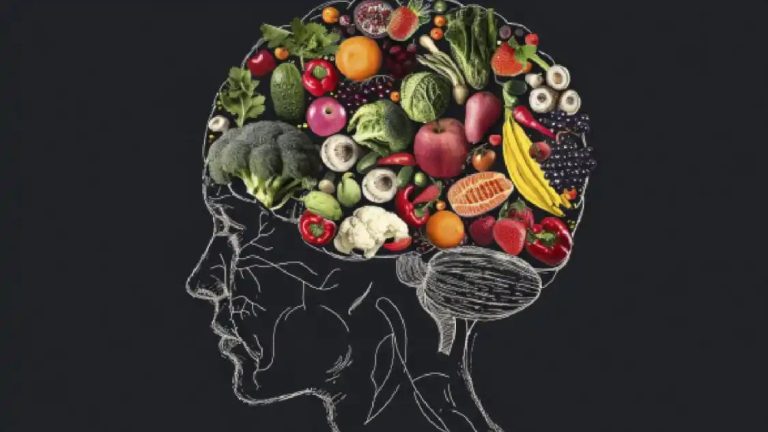How this hidden belly fat can affect your health

Visceral fat, which accumulates around the organs in the abdominal cavity, can increase your risk of heart disease, type 2 diabetes, high blood pressure, stroke, and some types of cancer, according to health experts on Wednesday.
Visceral fat refers to the accumulation of fat around internal organs such as the liver, heart, kidneys, and the mesentery of the intestine. Unlike subcutaneous fat, which lies beneath the skin, visceral fat is metabolically active and poses greater health risks.
“Visceral fat is closely linked to the development of Type 2 diabetes, hypertension, dyslipidemia, cardiac ailments, and hormone-related issues like infertility. Truncal obesity, characterised by bulging around the waistline, serves as a notable indicator of visceral fat accumulation,” Mayank Madan, director (minimal access and bariatric surgery), CK Birla Hospital, Gurugram, said.
“This is because visceral fat produces hormones and other substances that can cause inflammation and insulin resistance, which can lead to these health problems,”
explained Vikas Singhal, senior consultant, GI Surgery, GI Oncology and Bariatric Surgery, Gastrosciences, Medanta, Gurugram.
As people age, they tend to lose muscle mass and gain fat, which can increase the risk of visceral fat accumulation, he said.
Asians, particularly Indians are more susceptible to this type of obesity and visceral fat deposition. Men and older adults are also more likely to have higher levels of visceral fat. Women tend to store more fat in their hips and thighs, while men tend to store more fat in their abdomen.
While having a large waistline or belly can be an indicator of having visceral fat, even people who are thin can have fat accumulation in their internal organs.





